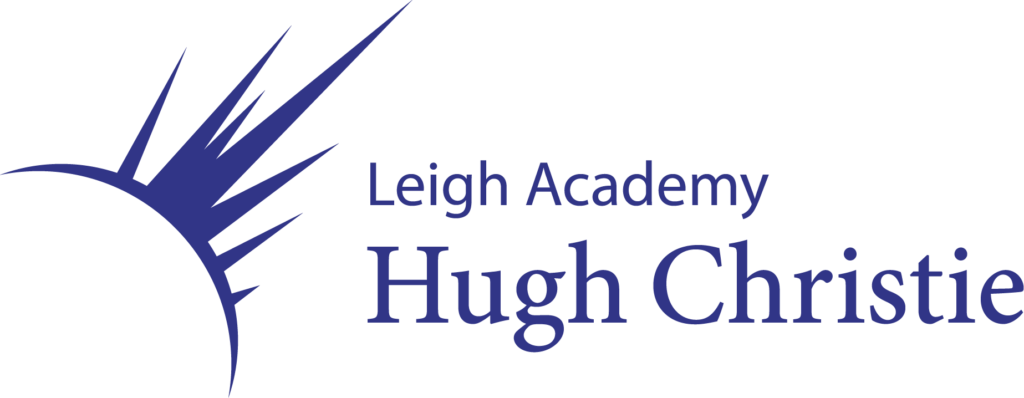Literacy and Reading
“When I look back, I am so impressed again with the life-giving power of literature. If I were a young person today, trying to gain a sense of myself in the world, I would do that again by reading, just as I did when I was young.” — Maya Angelou.
Literacy is an essential life skill for maximising our students’ academic achievement, employability and life experiences. At Leigh Academy Hugh Christie, every teacher is a teacher of Literacy. As a school, we are committed to ensuring that our learners experience quality first teaching across the curriculum and we recognise that the explicit teaching of literacy is integral to quality first teaching.
Literacy Unlocked
The overarching theme for Literacy is: ‘Literacy Unlocked’
One of our key strategies for this academic year will be to embed the Education Endowment Foundations Seven Pillars of Literacy to ensure our students leave Leigh Academy Hugh Christie with the literacy skills they need for life.
- Prioritise disciplinary literacy across the curriculum.
- Provide targeted vocabulary instruction in every subject
- Develop students ability to read complex academic texts
- Break down complex writing tasks
- Combine writing instruction with reading in every subject
- Provide structured talk time.
- Provide high quality literacy interventions for struggling students.
“A book is made from a tree. It is an assemblage of flat, flexible parts (still called “leaves”) imprinted with dark pigmented squiggles. One glance at it and you hear the voice of another person, perhaps someone dead for thousands of years. Across the millennia, the author is speaking, clearly and silently, inside your head, directly to you. Writing is perhaps the greatest of human inventions, binding together people, citizens of distant epochs, who never knew one another. Books break the shackles of time—proof that humans can work magic.” —Carl Sagan
The Power of Parent Support
Reading with your child is one of the most powerful things you can do to support your child’s literacy. In order to support you to support your child we have purchased Sparx Reader. An adaptive resource that will develop your child’s reading ability through targeted texts. We expect every Child at Leigh Academy Hugh Christie to be on Sparx reader for 20 minutes minimum per week. By doing so, they will be able to develop their reading skills whatever their starting point may be.
Further Information
Reading at Leigh Academy Hugh Christie
The ability to read is a fundamental life skill. It is essential to us all if we are to participate fully in society and the workplace.
Students with low reading ages, as they progress through secondary school, will struggle to read independently, and so read less. As a result, they do not accumulate the background knowledge and vocabulary they need to improve their comprehension. It is therefore harder for them to access the curriculum.
Our approach towards a culture where our whole school is reading is outlined below:
Value of reading
The whole school values the importance of reading. This is demonstrated by:
- Students have access to a well-resourced Library and Librarian. Students are encouraged to borrow books and read for pleasure.
- The school invites renowned authors to school to inspire students,
- The English curriculum carefully sequences the study of books that will interest, challenge and inspire our students.
- All curriculum areas are also encouraged to provide opportunities for reading where appropriate.
- Reading forms part of the Advisory programme during Key Stage 3 to ensure every student has a period of reading for pleasure in school weekly.
- The whole staff receive training in how to support reading across the curriculum as well as specific strategies to support those identified as weak readers.
Identification
Students are screened for reading ages in September. This information is used to identify students who may require additional testing through the New Group Reading test. From this testing targeted interventions are provided to support students to develop their reading skills. Where necessary, further screening maybe undertaken to investigate if their any further reasons behind this.
Support
Three levels of support for weak readers:
1. As part of their core offer, all subject teachers will provide additional support within their curriculum area. Strategies include (depending on need):
- Introducing vocabulary before each topic & provide extra opportunities for practice.
- Using reading tools & strategies to enable weak readers to focus on content.
- Providing scaffolded resources to help weak readers reach the top.
2. The English Department uses its enhanced knowledge of the teaching of reading to provide enhanced strategies. During the Foundation Years, students have regular Library lessons.
3. Small group intervention using strategies such as reciprocal reading and phonics.
Monitoring Impact
The impact is monitored through:
- Regular testing of pupils’ reading ages.
- Deep Dive process involving all subjects on an annual basis.
- Outcomes in GCSE English Language and other appropriate English internal assessments twice a year.



